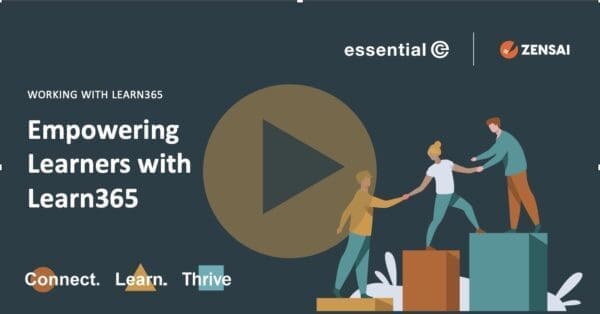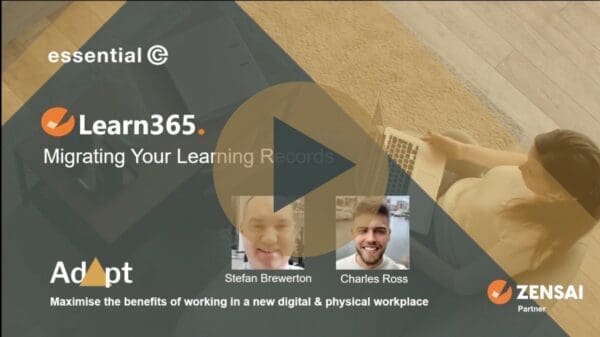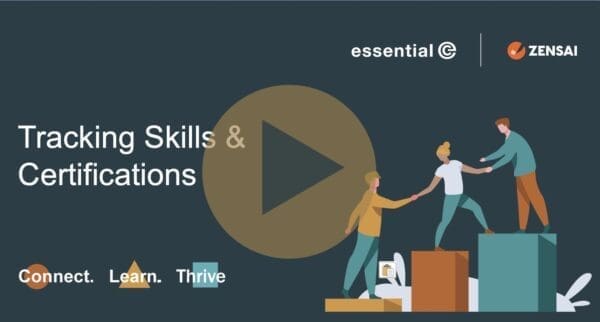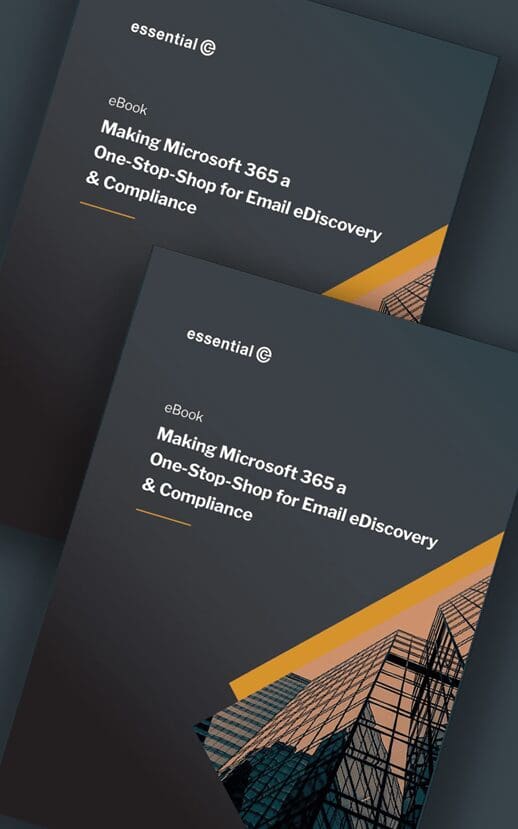Learning Management
How Learning Management Systems Help in the Fire Service
Training in the fire service is critical for everyone: from fire fighters through to Chief Fire Officers, operational and non-operational staff, and of course, on-call team members, who crew 60 per cent of all UK fire engines.
Of course, a great deal of fire and rescue training is hands on: Working with ladders, hoses, breathing apparatus, and so on.
There is, however, an increasing amount of ‘desk based’ training that wraps around the practical drills and that needs to be maintained on a regular basis.
‘Conventional’ classroom and distance training can also help support career progression in the fire service. For example, management training.
Being able to deliver this content through remote sessions and on-demand eLearning is particularly useful when recruiting from different locations and fitting around a busy and sporadic work schedule.
This is where a Learning Management System (LMS) can help.
An LMS is a valuable tool for ensuring that firefighters are well-prepared, properly trained, and up to date with the skills and knowledge needed to respond effectively to emergencies.
Operational and non-operational, and on-call (retained) staff have different learning and competency needs, and Fire Services need flexibility in the way that learning and performance is managed, to meet those needs fairly and equitably.
Some of the key considerations for the fire service we hear about include:
Enabling learning in day-to-day applications
With both operational and non-operational staff typically interacting with Microsoft 365 in some capacity, especially Teams and Outlook, the need to minimise switching between and signing into separate applications is key to saving time and maximising engagement with eLearning. Using a system which integrates with existing Intranets, and which uses Outlook calendars, Teams means fewer barriers to learning.
Supporting learning on the move
Operational staff need to access training in different ways to non-operational staff. Similarly on-call staff need more flexibility to fit in training when they can.
The ability to securely access training on a personal mobile device or tablet and complete it even whilst not connected to a network is a useful feature.
Reporting on and tracking progress
Operational management bears the responsibility for crew safety.
Watch, Station, and Group Commanders require quick access to track progress in mandatory competencies to ensure alignment with objectives and standards. They must ensure their teams adhere to both local and national guidelines, making clear, visual progress displays imperative.
An ideal LMS should automate the presentation of this data, eliminating the need for laborious Excel spreadsheet work. The ability to use pre-built and customisable dashboards is a crucial feature.
Staff should also clearly be able to see progress against their own training plans, be reminded of deadlines and certification renewals, and identify what they need to complete to achieve qualifications.
Tracking practical training alongside eLearning
A great deal of fire and rescue training is hands on: Safe working at height, working with pumps and breathing apparatus, and so on.
Your LMS should therefore support assessments of practical training that are tracked alongside associated eLearning and classroom-based components.
This might also include the recording of assessments of practical work alongside desk-based training.
Optimising training delivery
With fire and blue light services needing to maximise the value of any investment in technology, it makes sense to ensure that anything that can be automated, should be.
For example, ensuring that staff are automatically presented relevant learning material for their role and development path, based on their role. L&D/HR teams should not need to spend valuable time ensuring staff are enrolled into suitable development paths.
Linking with related systems
Services need the flexibility to integrate with their HRIS (such as HiBob and Firewatch) to ensure staff are aligned with appropriate learning pathways automatically based on their role, progression requirements and interests.
There might also be the need to synchronise content from your LMS back into your HRIS or payroll system (e.g., iTrent), such as the competencies and certifications earned.
If you’re a Microsoft-centric organisation, built in support for Entra ID (Azure AD) Groups and Teams may also be important to you.
Introducing the LMS built for Microsoft 365
Discover how an LMS built for Microsoft 365 enterprises can support the learning needs of fire and blue light services.

















